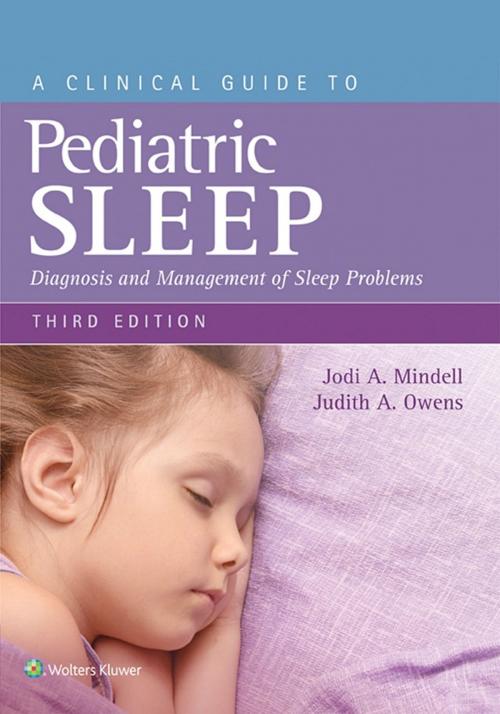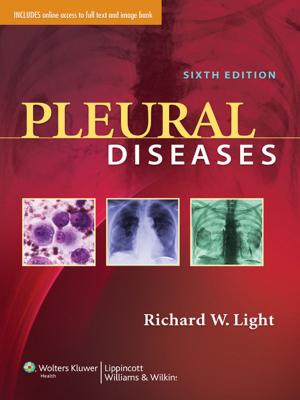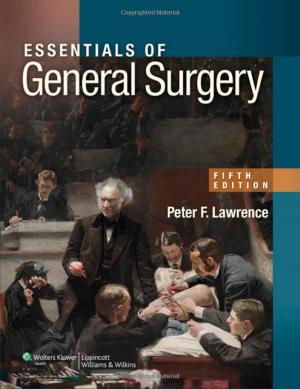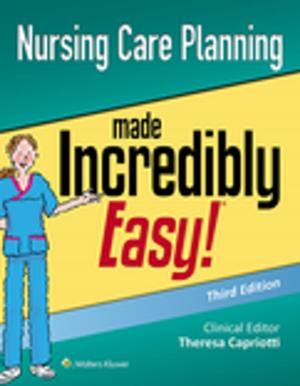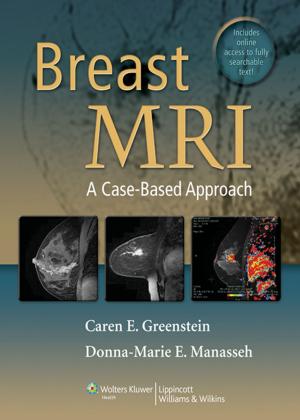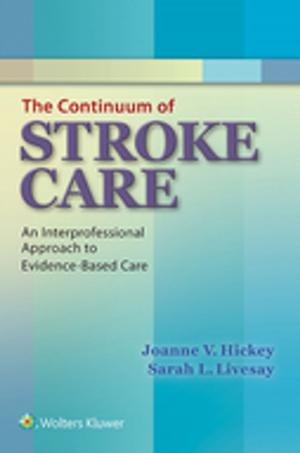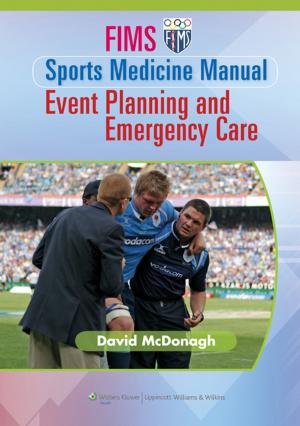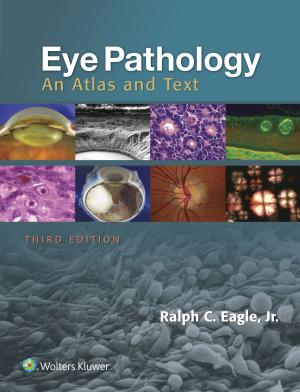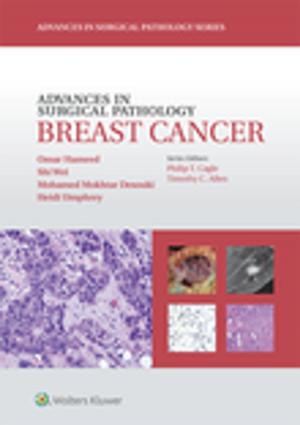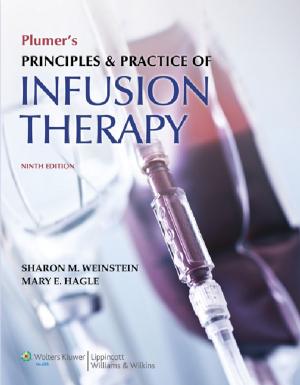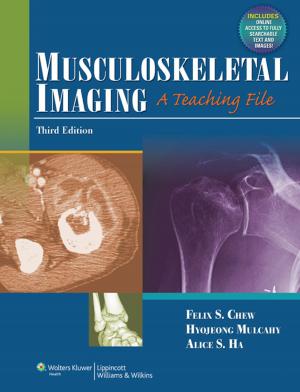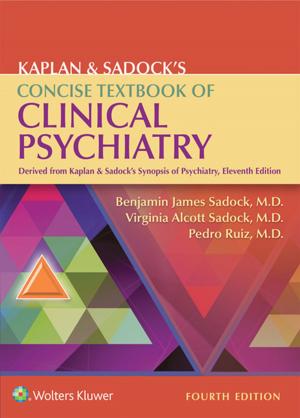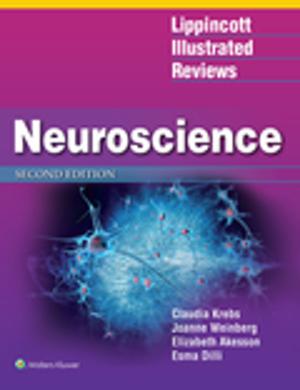A Clinical Guide to Pediatric Sleep
Diagnosis and Management of Sleep Problems
Nonfiction, Health & Well Being, Medical, Specialties, Pediatrics| Author: | Jodi A. Mindell, Judith A. Owens | ISBN: | 9781496321879 |
| Publisher: | Wolters Kluwer Health | Publication: | May 4, 2015 |
| Imprint: | Wolters Kluwer Health | Language: | English |
| Author: | Jodi A. Mindell, Judith A. Owens |
| ISBN: | 9781496321879 |
| Publisher: | Wolters Kluwer Health |
| Publication: | May 4, 2015 |
| Imprint: | Wolters Kluwer Health |
| Language: | English |
Sleep disorders have a significant impact on a child’s physical, emotional, cognitive, and social development, and greatly affect the family, as well. Fortunately, today’s health care providers have highly effective medical and behavioral interventions at their disposal for treatment and prevention. A Clinical Guide to Pediatric Sleep: Diagnosis and Management of Sleep Problems, 3rd Edition, synthesizes current information on the assessment and treatment of sleep disorders in children and adolescents and gives you the practical tools you need to recognize, evaluate, and treat sleep issues. This state-of-the-art resource provides comprehensive, user-friendly guidance on pediatric sleep that will help you improve the lives of your patients and their families. Stay up to date with current information on the etiology, clinical assessment tools, and management of specific sleep disorders in children and adolescents. Quickly find the information you need thanks to logically organized chapters that cover sleep physiology, developmental aspects of sleep, sleep diagnostic tools, the most common pediatric sleep disorders, pharmacology (including stimulants such as caffeine), and special populations. Use handy algorithms to evaluate common presenting symptoms and develop an effective treatment plan. Educate parents and caregivers about normal sleep and offer primary and secondary prevention strategies to be used at home. Keep your practice up to date with new diagnostic criteria, revised and new practice guidelines from the American Academy of Sleep Medicine and the American Academy of Pediatrics, and updated and new clinical screening and parent handouts for each age group. Access an extensive collection of appendices online, including professional resources, and expanded list of intake and screening questionnaires, and parent education handouts for each age group and each sleep disorder
Sleep disorders have a significant impact on a child’s physical, emotional, cognitive, and social development, and greatly affect the family, as well. Fortunately, today’s health care providers have highly effective medical and behavioral interventions at their disposal for treatment and prevention. A Clinical Guide to Pediatric Sleep: Diagnosis and Management of Sleep Problems, 3rd Edition, synthesizes current information on the assessment and treatment of sleep disorders in children and adolescents and gives you the practical tools you need to recognize, evaluate, and treat sleep issues. This state-of-the-art resource provides comprehensive, user-friendly guidance on pediatric sleep that will help you improve the lives of your patients and their families. Stay up to date with current information on the etiology, clinical assessment tools, and management of specific sleep disorders in children and adolescents. Quickly find the information you need thanks to logically organized chapters that cover sleep physiology, developmental aspects of sleep, sleep diagnostic tools, the most common pediatric sleep disorders, pharmacology (including stimulants such as caffeine), and special populations. Use handy algorithms to evaluate common presenting symptoms and develop an effective treatment plan. Educate parents and caregivers about normal sleep and offer primary and secondary prevention strategies to be used at home. Keep your practice up to date with new diagnostic criteria, revised and new practice guidelines from the American Academy of Sleep Medicine and the American Academy of Pediatrics, and updated and new clinical screening and parent handouts for each age group. Access an extensive collection of appendices online, including professional resources, and expanded list of intake and screening questionnaires, and parent education handouts for each age group and each sleep disorder
